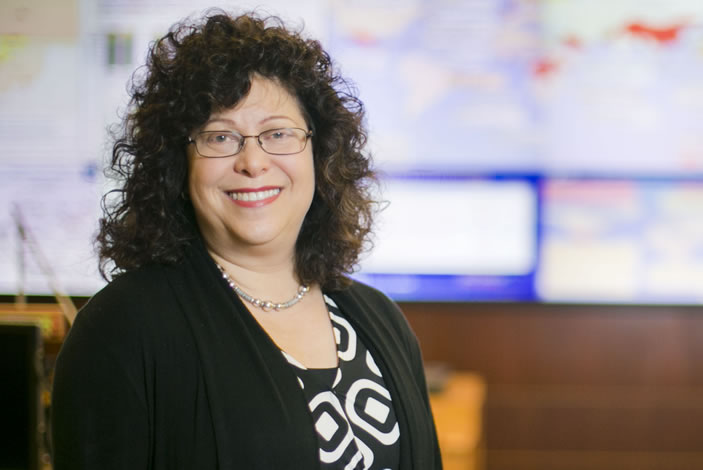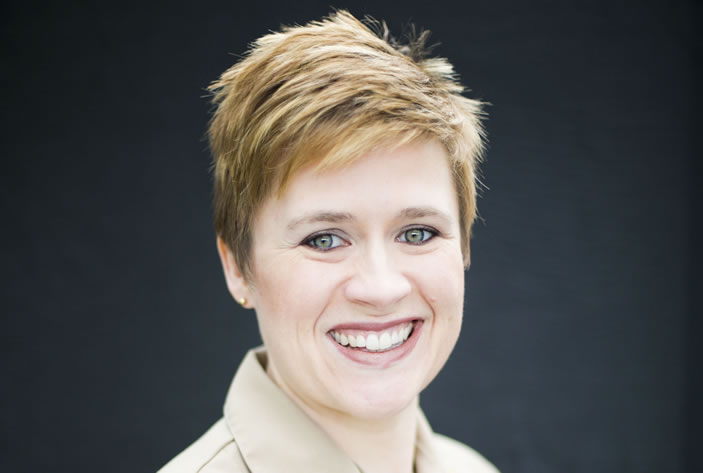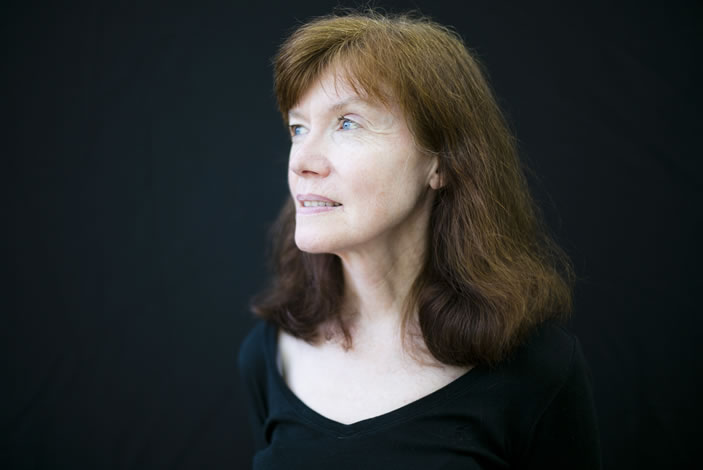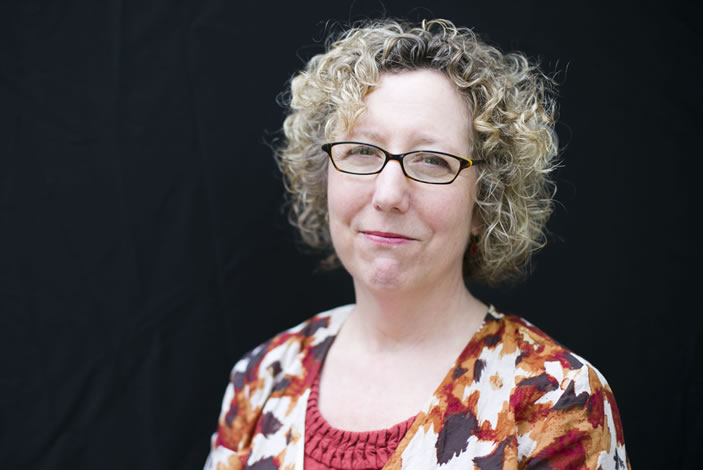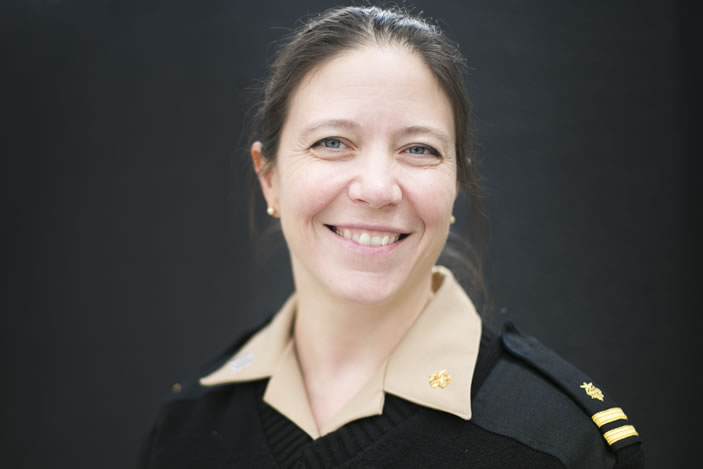When someone asks Lisa Koonin 86MN 86MPH what she does for a living, she has a ready response.
"I plan and prepare," says Koonin, senior adviser for the Influenza Coordination Unit at the CDC. "I think through things that people don't have on their radar screens. If there's an outbreak of influenza, it could present a lot of thorny problems."
This past spring, Koonin spent long hours in the CDC's Emergency Operations Center to help monitor the outbreak of avian influenza in China. Whether it's H7N9 or the H1N1 flu, which spread rapidly from Mexico to the United States in 2009, Koonin leads the task force that considers and plans for providing medicines to ill persons and guidelines to health care providers if a pandemic occurs.
During the 2009 H1N1 pandemic, Koonin led an initiative to deliver flu vaccines to pharmacies to get them to the public more quickly. Within days, her unit put together a plan to distribute 5.4 million doses around the country with the help of large pharmacy retailers like CVS and Walgreens and pharmacies in grocery and big box stores.
In 2009, the Minnesota health department developed a nurse triage line to advise callers on how to treat H1N1. The health department also used a protocol whereby nurses provide patients with antiviral medicines under physician supervision. Currently, Koonin is leading a CDC effort to test this concept for nationwide use during a future pandemic. This effort aims to reduce treatment delays by speeding up the availability of medicine and reducing surge demand on medical facilities.
"Most people with a health insurance plan are likely to have access to a nurse triage line. We would like to create a triage line for those who don't have access," says Koonin. "The CDC project is trying to leverage the existing resources of entities that do this work every day. There are 57 poison control centers in the United States staffed by nurses and pharmacists. We're looking at these services as a way to expand the triage network."
The project, still under development, "capitalizes on the unique talents of nurses to teach, coach, and provide timely information to help people make health decisions during a public health emergency," she adds.
Since joining the CDC in 1987, Koonin has served as chief of reproductive health surveillance, director of the Office of Healthcare Partnerships, and branch chief for Public and Private Partnerships. She first worked as a nurse with a family practice in rural North Carolina. In May, she received her doctorate of public health from the University of North Carolina at Chapel Hill.
"I never thought in a million years that I would end up with a career in public health," says Koonin. "It's been a wonderful career to have."

